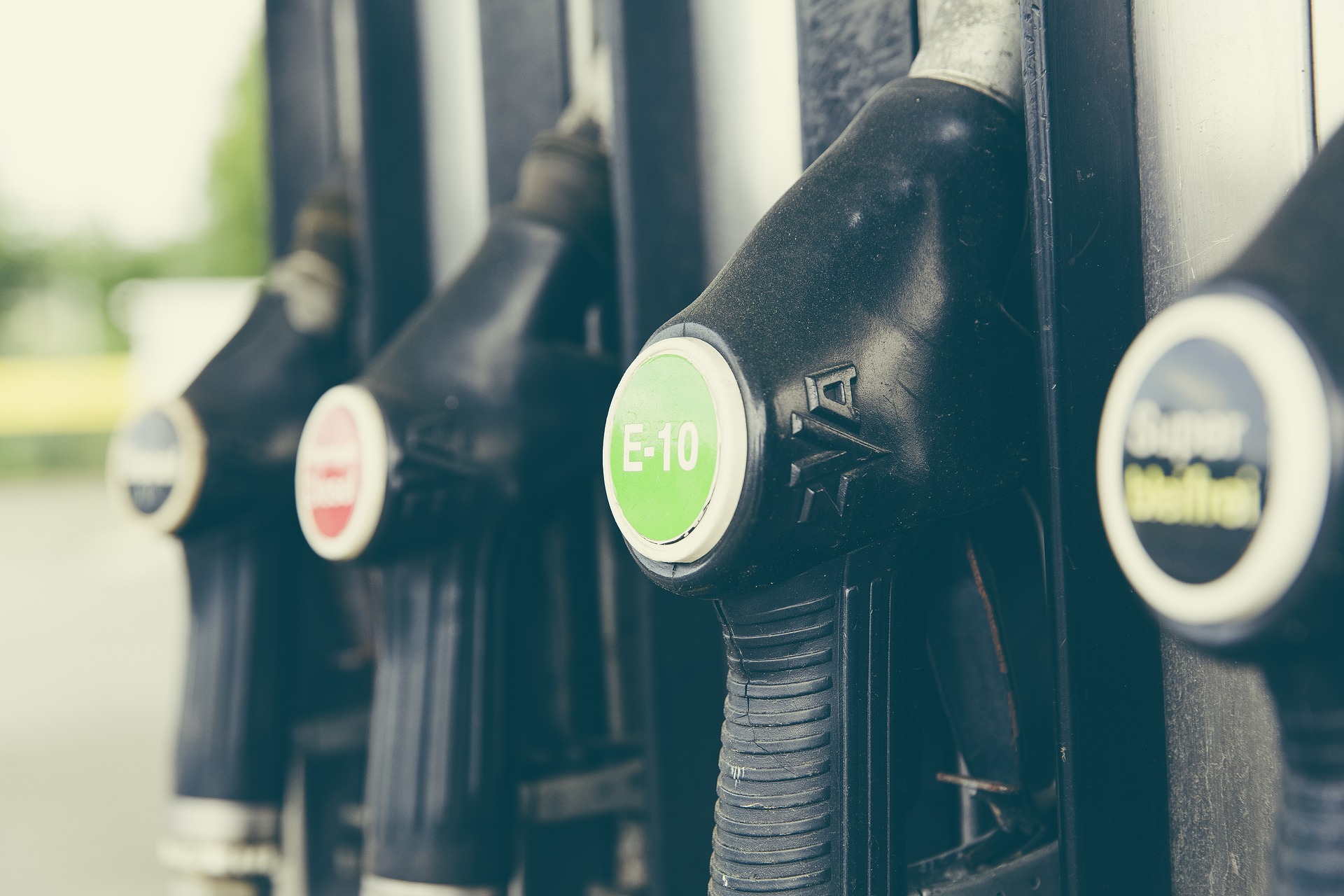
In the present global situation, any company using vehicles for daily tasks are eager to delve more into fuel data to disclose fuel related problem or discover a way to monitor and decrease fuel costs. Fleet directors are constantly looking for ways to optimise any type of action related to the management of their fuel and prevent those costs from increasing and impacting; but what solutions are fleet directors looking for in this field, and what are the problems with which they would rather no longer be concerned?
1. Unauthorized fuel usage
This aspect covers different fuel related issues across fleets. Unauthorized fuel usage can actually manifest differently within the same fleet, whether it’s out-and-out fuel theft, using company vehicles or fuel out of permissible hours, or stealing fuel in other ways. Fleet managers ought also to consider the problem of purchases from a fuel card that cover items not strictly related to fuel (hence, why it might be important to restrict products available to buy with such cards).
2. Increasing fuel spend
Fuel spend might be increasing because your business is more active, but you might actually find out that there is unauthorized fuel usage, poorly planned routes or drivers not sensitized properly to the effect their driving habits have on consumption. The combination of all of these factors, and an unclear pricing from your provider, might cause unexpectedly higher fuel spend—which would surely not happen if you had a fuel management system that was able to prompt you with solutions should any issues appear...
3. Unclear fuel policy
It can be seen as a very basic, but sometimes we take these things for granted. If it is true that the rudiments of fuel card use or fuel purchases for fleet drivers are fairly clear and pretty much down to common sense, why not avoiding misunderstandings by clearly detailing what is allowed in terms of fuel purchases or how fuel cards should be used. A lack of clarity is the enemy of fleet managers and potentially leads to the kind of problems fleet directors surely wish to avoid. Use our fleet policy template and modify it to deal with fuel management or use simply as a starting point if you wish to completely reassess your fleet policy.
4. Undisclosed impact of maintenance and driving on fuel
The correlation between driving style and fuel consumption is quite clear; despite this, not many fleet directors point it out to their drivers when it comes to training them in how to consume less fuel. We are obviously not talking about robotically using practices that save fuel when it is necessary to adapt according to the road conditions or journey; but remember that in general, safer driving corresponds with saving fuel. Idling, harsh braking, rapid acceleration, speeding, or even driving with a vehicle that has issues and is not correctly maintained, does culminate in a higher spend (and can be extremely risky as well). Show to your drivers how important this is; explain it to them and make real life examples to support you—they will understand as this eventually impacts on global safety.
Fuel reports calculating average consumption per 100 km, fuel purchase information coming in in real time and driving events are all metrics that allow a deeper understanding of how fuel is spent and whether there are any errors in the fuel process that suggests fuel receipts do not match actual usage. Contact us if you need help with this.



